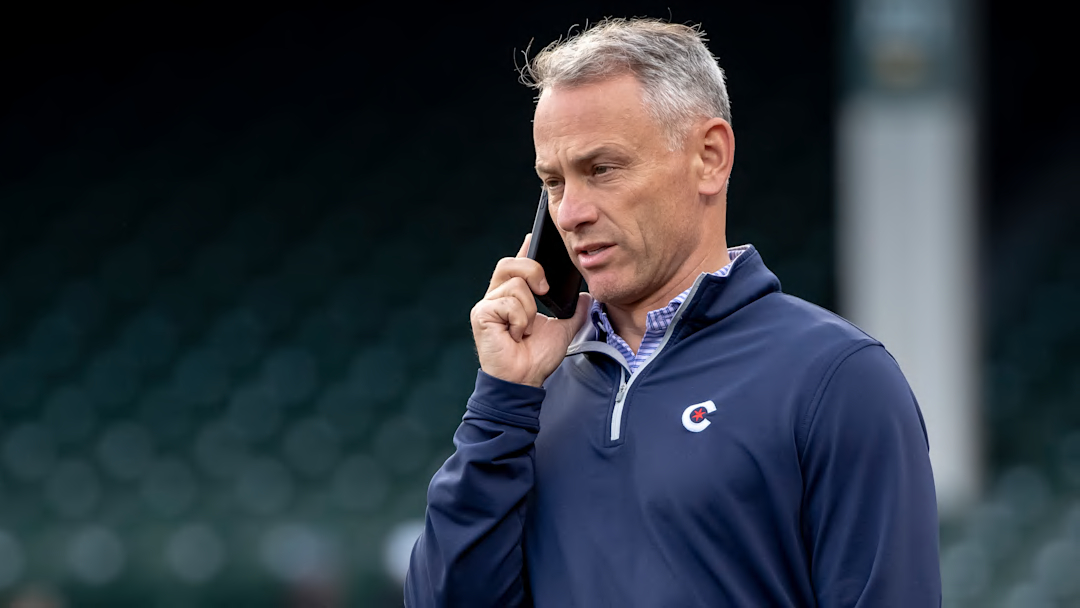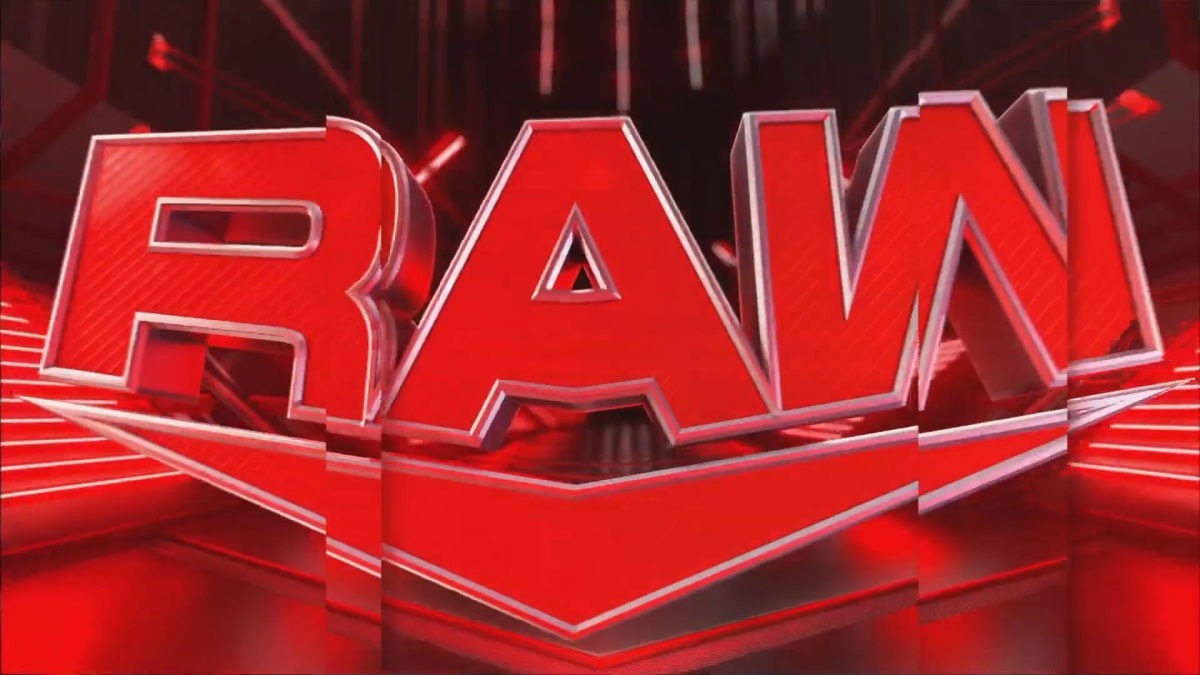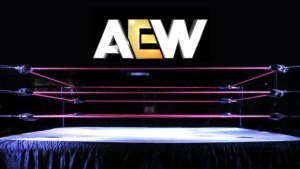The Chicago Cubs have once again fallen short of high expectations, despite making waves by hiring Craig Counsell away from the division champion Milwaukee Brewers in one of the most high-profile managerial moves in recent years. Counsell was given a record-breaking contract with the hope of leading the Cubs to new heights, yet the team finished with another 83-win season—their second consecutive one. Consistency is there, but at some point, Chicago will need to push past this ceiling.
The Cubs seemed to have a promising offseason last year. They brought back Cody Bellinger, secured Shota Imanaga at a favorable price, and added Hector Neris as a prominent bullpen asset. While Jed Hoyer has been cautious with top-dollar free-agent spending, he doesn’t shy away from channeling resources to improve the team. The key for Hoyer, though, is choosing the right investments.
Hoyer’s record has been a mix of hits and misses. For instance, while Imanaga started strong, Neris struggled, ultimately leading the Cubs to part ways with him. With stars like Juan Soto and Corbin Burnes likely out of reach, Hoyer will need to focus on the mid-tier market this offseason to find impactful upgrades.
The Cubs’ main problems lie on the offensive side. With infielders Dansby Swanson and Isaac Paredes underperforming, there’s an urgent need to inject power into the lineup. Bellinger’s slugging metrics took a hit in 2024, and the team traded away one of their most reliable power hitters, Christopher Morel, at the trade deadline.
The free-agent market offers several potential power hitters, but the Cubs need to be selective, understanding that every acquisition comes with trade-offs. One name linked to Chicago, however, could be problematic.
Cardinals’ 1B Paul Goldschmidt rumored to be a target for the Cubs According to Erik Beaston of Bleacher Report, former St. Louis Cardinals first baseman Paul Goldschmidt might join the Cubs this offseason. It’s a controversial prospect, sure to ignite reactions from both fanbases given the rivalry. St. Louis fans aren’t likely to be thrilled about seeing a cherished veteran join their rivals.
However, the rationale for the Cubs’ interest in Goldschmidt doesn’t entirely align with reality.
“[Paul Goldschmidt] still has enough left to attract teams this offseason,” Beaston writes (h/t Cubbies Crib). “One team that could be interested is the Cubs, who want an upgrade at first base. Michael Busch posted similar numbers, but he doesn’t bring the leadership and experience that Goldschmidt would bring.”
Goldschmidt would indeed bring power to Chicago’s lineup, but how much? Although the 2022 NL MVP has maintained a strong hard-hit rate, he has experienced a sharp drop in overall production, batting .245/.302/.414 with 22 home runs over 599 at-bats this season. His strikeout rate is also on the rise, suggesting age is starting to catch up with him.
Meanwhile, the Cubs’ 26-year-old Michael Busch recorded a .248/.335/.440 line with 21 home runs in significantly fewer at-bats. Although he may not hit as hard as Goldschmidt, Busch continues to improve, boasts a higher walk rate, and is more reliable defensively.
Even if one argues that Goldschmidt is currently a superior hitter, the difference is minimal, and their career trajectories are clearly diverging. Busch is likely to surpass Goldschmidt in value sooner rather than later, raising the question of why the Cubs would invest in a player more than a decade older, even for a short-term boost.
While Busch has experience at third base, the Cubs recently positioned Isaac Paredes there for the foreseeable future. Their outfield lineup is anchored by Cody Bellinger, Pete Crow-Armstrong, and Ian Happ, with Seiya Suzuki frequently at DH. Choosing Goldschmidt would effectively sideline Busch, who may well have greater potential moving forward, for the sake of a bigger name.
The Cubs should allocate their budget elsewhere. Adding Goldschmidt would offer only a marginal short-term gain at best. The focus should be on sustainable solutions to strengthen the lineup and support the growth of promising players like Busch, rather than potentially stunting their development by bringing in a veteran whose best years may be behind him.



